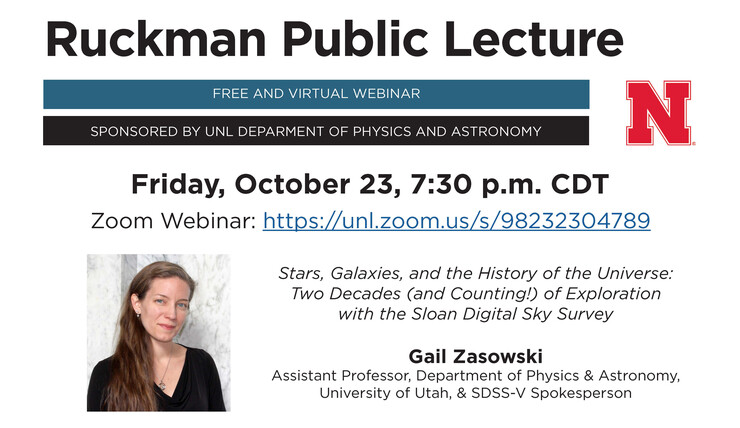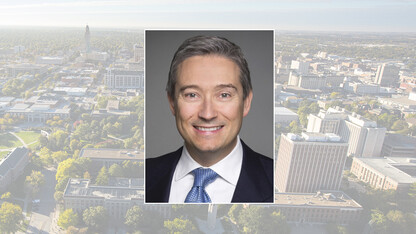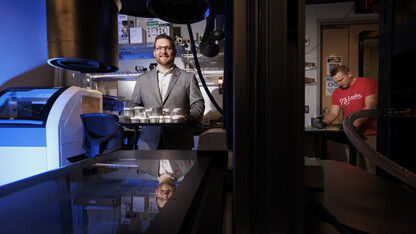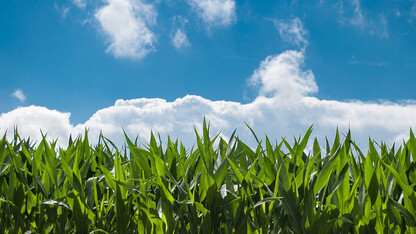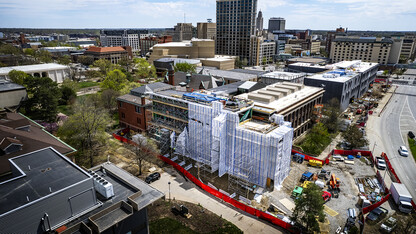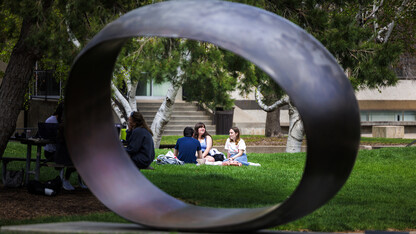· 2 min read
Ruckman Lecture to explore stars, galaxies, history of the universe
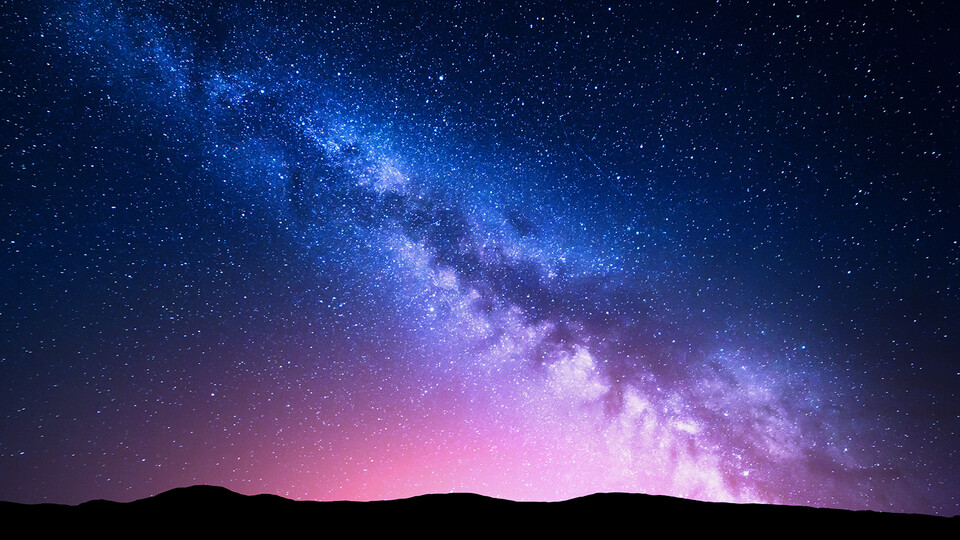
The Departments of Physics and Astronomy and Teaching, Learning and Teacher Education, as well as the Center for Science, Mathematics and Computer Education, are hosting several virtual events from Oct. 22-24. All presentations will use the same Zoom link for ease of attendance.
Kicking off the events will be Professor Gay Stewart of West Virginia University. At this joint virtual colloquium at 4 p.m. Oct. 22, Stewart will describe the Get the Facts Out program, which focuses on teacher recruitment in physics. Get the Facts Out is a partnership between the American Physical Society, American Chemical Society, Association of Mathematics Teacher Educators and American Association of Physics Teachers, led by the Colorado School of Mines.
On Oct. 23, the Ruckman Public Lecture will feature Gail Zasowski, assistant professor in physics and astronomy at the University of Utah and the spokeswoman for the Sloan Digital Sky Survey, which has created the most detailed three-dimensional maps of the universe ever made, with deep multi-color images of one-third of the sky and spectra for more than 3 million astronomical objects. At 7:30 p.m., Zasowski will discuss what we have learned from the survey over the past 20 years and its impact on how to systematically study the stars, galaxies and history of the universe, as well as how to make its data available for the world to use. This event is appropriate for all audiences.
“I will describe some of the key insights that the SDSS has provided into the nature of our universe, along with the big questions that we are excited to tackle next,” Zasowski said.
A workshop on Oct. 24, aimed at all teachers of physics and astronomy at either the high school or college level, features two plenaries and two workshop sessions. Stewart, Zasowski, Andrew Duffy of Boston University and Britt Lundgren of the University of North Carolina at Asheville will present throughout the day. Registration is encouraged for the event, which is also sponsored by the NebraskaSCIENCE Program of Excellence and the Nebraska NASA Space Grant. The complete schedule and abstracts for all events Oct. 22-24 can be found here.
